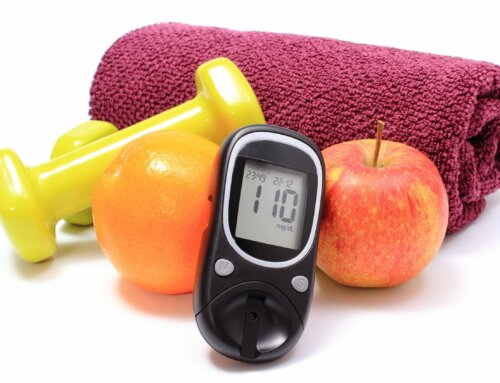How much attention do you give your feet? Many people who have diabetes are unaware of the problems that may occur in their feet without proper preventative care. As a board certified podiatrist for over 25 years, I have seen thousands of diabetic patients with common foot problems that I would like to inform you about, so that you can gain the knowledge to better care for your feet.
First, what makes a diabetic foot unique? Your feet are an important organ of the body that many people take for granted, but that allow us to function in our daily lives. Diabetes is a problem that causes issues with circulation, skin, nerves, and sometimes even bones and joints. Any one of these problems can become extremely serious, and I have seen them result in serious health issues, including infected ulcers, gangrene, and painful deformities. I will discuss circulation; what to expect as a diabetic, how to prevent problems, and what to do when you suspect a serious issue.
Proper circulation carries blood containing oxygen and other nutrients to organs that allow the body to move, heal, and fight off infection. People with diabetes are prone to having high cholesterol and getting small blood vessel disease. This means that the required amount of oxygen and nutrients may not be delivered to the feet. Without oxygen, the foot becomes suffocated and cyanotic, meaning the skin takes on a bluish color. Other complications I have seen include poor healing, nerve conduction, and muscle contraction as well as weak bones and joints.
Although there are many potential health issues, maintaining proper circulation can help reduce your risk in developing complications, and can be done by following a few easy DO’s and DON’T’s:
- DO: Walk or exercise for at least 30 minutes each day.
- DO: Keep blood sugar under control.
- DO: Eat a proper diet that is healthy and low in cholesterol.
- DO: Keep your feet warm.
- DON’T: Smoke
- DON’T: Drink excess coffee or alcohol.
- DON’T: Become sedentary.
There are also a number of studies being done to develop new products specially designed for people with diabetes. These diabetes foot care products address problems like poor circulation. When purchasing diabetic socks, shoes, and stockings, be sure to know how that product is made and how it can benefit your foot health.
If you notice that you are experiencing an abnormal issue with your feet, you should contact your health care provider without delay. Specialists that treat foot problems include internists and podiatrists.
NOTE: Consult your doctor first to make sure my recommendations fit your special health needs.






Leave A Comment